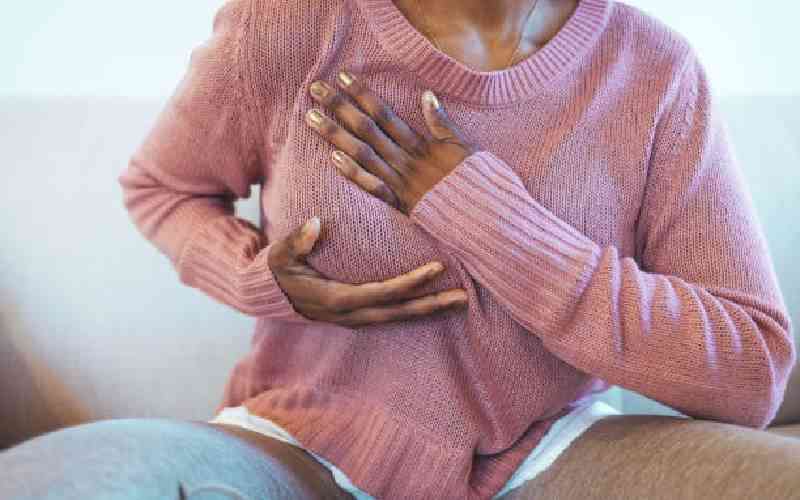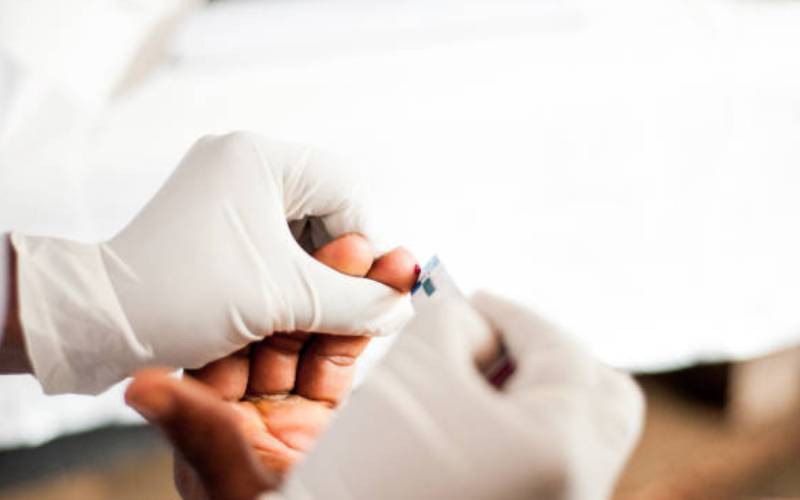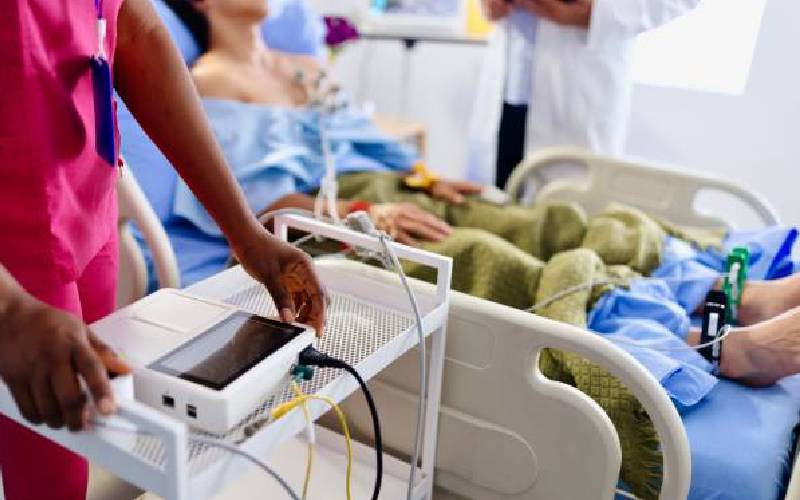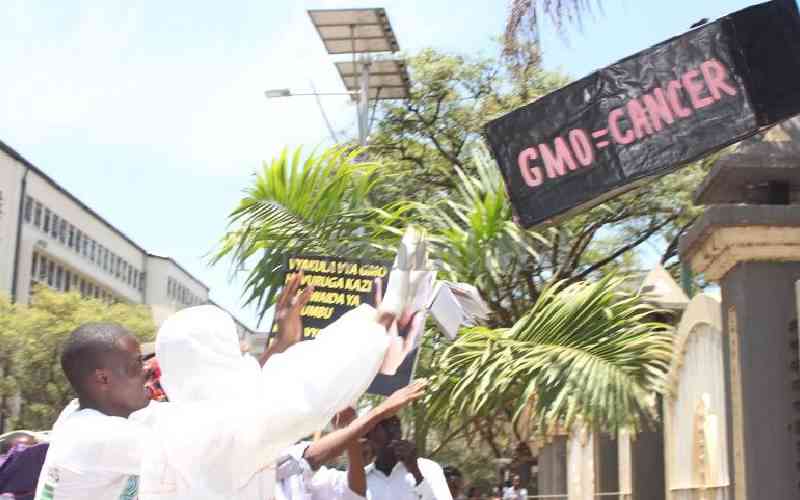
Kenya will now manufacture its first end-to-end rapid diagnostic self-test kits, ending over-reliance on imports after Revital Healthcare, a medical devices manufacturer, opened a production plant in Kilifi.
Revital Healthcare is expected to produce 20 million kits monthly for export to more than 30 countries across the globe.
In a $2.2M (Sh288.2 million) co-funding with the United States Agency for International Development (USAID), to support the total $4.4M (Sh524 million) project, malaria, HIV, Hepatitis B/C, syphilis and pregnancy rapid test kits (RDTs) will now be developed, formulated and clinically evaluated in Kenya for Africa and beyond.
Lauding Kenya’s ingenuity and resilience, US Ambassador to Kenya Meg Whitman said: “Kenya, like many other African countries, has faced significant challenges in accessing affordable and high-quality healthcare commodities, but Kenyans have never been known to back down. Where others saw obstacles, Revital saw an opportunity to make a difference, harnessing the power of innovation to tackle this head-on, rewriting the script on the possibilities of expanding access to quality healthcare in Kenya and Africa, at large.”
The US government partnership will see the manufacturing plant create 200 new jobs, in addition to the current 650, of which 80 per cent are women, with the priority being individuals with speech and hearing-impairment.
Amb Whitman said the employment opportunities will boost residents livelihoods.
Kilifi Governor Gideon Mung'aro said the plant was a monumental shift towards localisation, fostering the development of local scientific expertise and technological know-how.
- Controversy over procurement of HIV testing kits
- Women of reproductive age highly infected with HIV
- Kenya surpasses UNAIDS targets for universal HIV diagnosis, viral suppression
Keep Reading
“This is not just an investment in Kenya's future, building a skilled workforce and creating a hub for medical innovation in Africa, it's also creating significant employment opportunities for the people of Kilifi county. This facility will be a major job creator, providing skilled positions in manufacturing, logistics, and research, translating to improved livelihoods for our communities and a boost to the local economy,” he said.
Health Cabinet Secretary Susan Nakhumicha noted the systemic inequalities the Covid-19 pandemic posed for lower-income countries like Kenya and hailed the manufacturing plant as a step closer in the quest to achieve Universal Health Coverage (UHC) and elevating Kenya’s competitive edge.
The CS pledged the government’s support towards local manufacturing, saying that reforms within the Kenya Medical Supplies Authority (Kemsa) will strengthen the sector.
She further noted achievement gaps such as the lack of World Health Organisation (WHO) Prequalification (PQ) and current Good Manufacturing Practices (cGMP) from certification regulation authorities like the Food and Drug Administration (FDA) and the European Medicines Agency (EMA).
Nakhumicha called for a multi-sectoral approach to prioritise continuous capacity building.
“To address these challenges the Ministry of Health, through the Pharmacy and Poisons Board, has prioritised continuous capacity building for local manufacturing, and ensuring global competitiveness in the quality, safety and efficacy of medicines and other products, devices and technologies,” she said.
The timely production facility will go a long way in decreasing the financial burden on the Ministry of Health to provide medical devices and equipment at international health standards to most hospitals and clinics in the country, owing to the low production of basic consumables and products such as bandages and dressings, suturing materials, catheters, syringes, surgical gloves, and blood grouping reagents.
China and India account for up to 90 per cent of all medical consumables utilised in the country. Uganda, Tanzania, DRC, South Sudan, Nigeria, Ethiopia and Congo are also set to benefit from the Kilifi plant.
Revital Healthcare, currently the only African holder of eight notable global certifications, among them auto-disable and re-use prevention syringes, aims to increase capacity to 1 billion medical devices by 2026 to ensure a total manufacturing capacity of 3.1 billion medical devices to continue supporting the growing African population with high-quality, affordable and accessible medical devices.
 The Standard Group Plc is a multi-media organization with investments in media platforms spanning newspaper print
operations, television, radio broadcasting, digital and online services. The Standard Group is recognized as a
leading multi-media house in Kenya with a key influence in matters of national and international interest.
The Standard Group Plc is a multi-media organization with investments in media platforms spanning newspaper print
operations, television, radio broadcasting, digital and online services. The Standard Group is recognized as a
leading multi-media house in Kenya with a key influence in matters of national and international interest.











